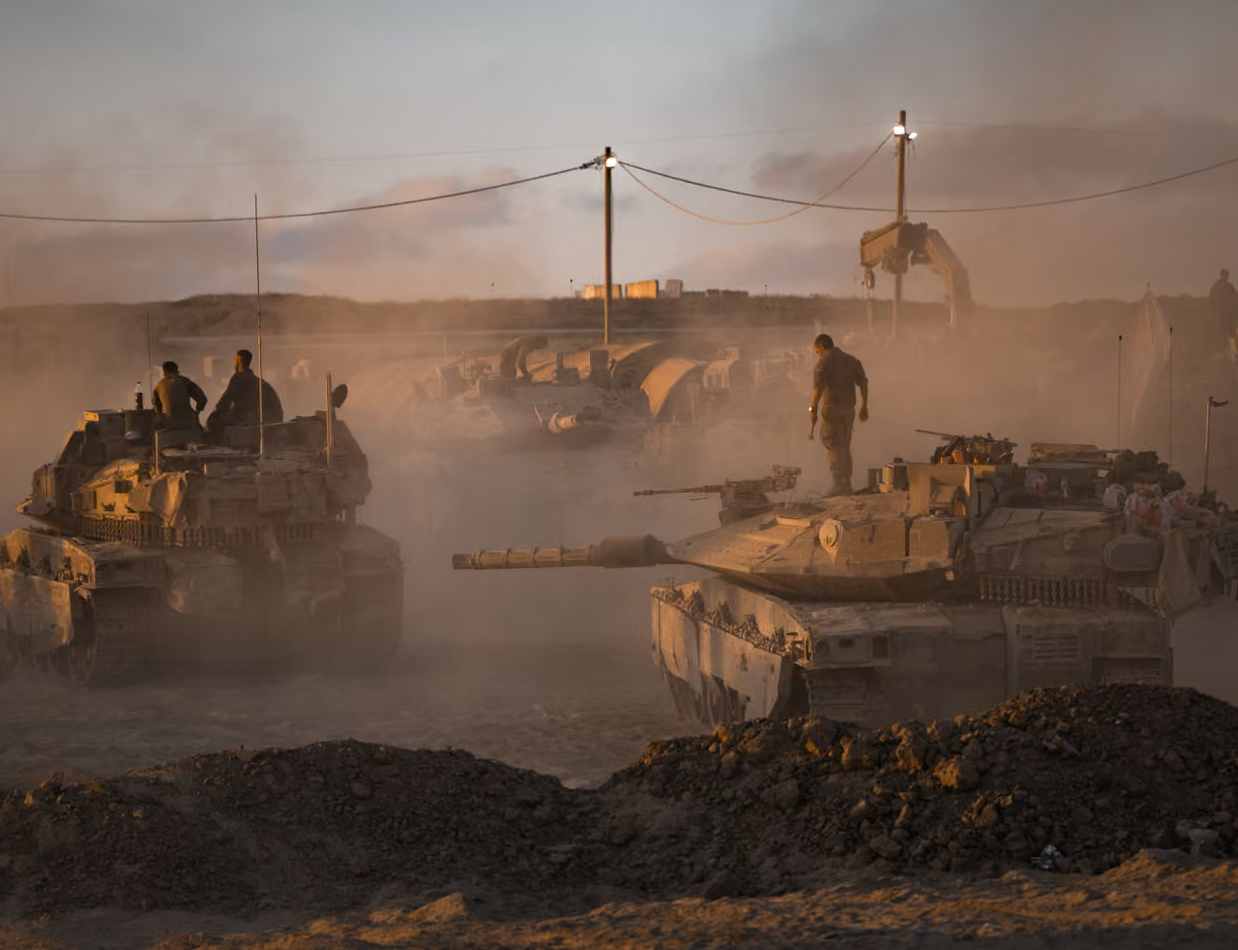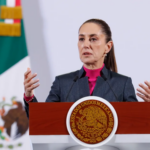
Israel is under pressure to accept ceasefire proposal that is considered almost identical to the previous US supported plan
Israel said it will deliver its response to international mediators by Friday about a new Gaza ceasefire plan accepted by Hamas amid growing pressure for a truce in a war that has cost more than 62,000 Palestinian lives.
After mass protests in Israel requiring agreement to ensure the release of the 20 still living Israeli hostages in Gaza, it seemed that Hamas had reduced their prisoner exchange requirements for hostages, as well as the scope of a “safety tax zone” required by Israel.
According to the disclosed details of the proposed plan, about half of the remaining living hostages, as well as the bodies, would be released in a gradual agreement in exchange for about 150 Palestinians detained in Israeli arrests, some serving a perpetual imprisonment during a 60-day expected ceasefire.
Although Israel has said that he is no longer interested in a partial agreement, threatening, instead, a new impending large-scale offensive to capture the city of Gaza, the details of the new ceasefire proposal approach the sketch of a deal initially suggested by Donald Trump’s special envoy, Steve Witkoff.
Despite the rejection of a partial agreement by Israel, Mossad’s head David Barnea recently visited the Qatar amid speculation that negotiations are more active than Israel’s officially recognized.
The spokesman for the Qatar Foreign Ministry said on Tuesday that the latest proposal for ceasefire in Gaza, agreed by Hamas, was “almost identical” to an earlier plan presented by Witkoff. Hamas had given a “very positive answer, and it was really almost identical to what the Israeli side had agreed earlier,” said the spokesman.
Egypt said on Monday that he and Qatar sent the new proposal to Israel and that “the ball is now on his court.”
Reports arose on Tuesday that Egyptian security officials were strongly pushing Hamas to agree with an agreement that would fill the gap in Israel’s demands to demilitarize Gaza in any future peace agreement, placing the weapons of Hamas in Egyptian custody for an unveiled period.
With the Hamas Agreement, the focus will now be in Israel, which is under increasing international pressure to accept a ceasefire amid international horror on the widespread conditions of hunger that spread to Palestinian territory after Israel imposed a total blockade to Gaza.
Although Israel is allowing some supplies to enter the Gaza Strip, this is not enough to avoid widespread hunger, UN Human Rights Office said on Tuesday. His spokesman Thameen al-Kheetan has stated at a press conference in Geneva: “In recent weeks, Israeli authorities have only allowed help in quantities far below what would be necessary to avoid widespread hunger.”
He stated that the risk of hunger in Gaza was a “direct result of Israeli government policy to block humanitarian aid.” The Israeli Military Agency that coordinates Ajuda, Cogat, said Israel invests “considerable efforts” in the distribution of help Gaza, an allegation rejected by many in the international community.
Although any perspective of ceasefire is rejected by Benjamin Netanyahu’s far right allies, who again suggested that they could overthrow their fragile government coalition, the scale of mass protests in favor of an agreement that would guarantee the return of Israeli hostages is creating their own dynamics, with more manifestations being called for this weekend.
On Tuesday, Israeli media analysts suggested that a hesitant Netanyahu, whose position abruptly bodied between supporting a partial agreement to a ceasefire and rejecting it, would be compelled to choose a course of action, especially if the White House supported the terms of ceasefire.
“Just two weeks ago, he changed Tom and went from insisting on a partial agreement to vehemently demanding a comprehensive agreement,” said Amad Harel on Netanyahu, sought by the International Criminal Court for accusations of war crimes in Gaza. “As usual, everything is fluid and flexible: Netanyahu will change your arguments and explanations, and can even secretly encourage internal opposition, as long as you can avoid signing an agreement.”
“If the circumstances become impossible for him, either by a demand from Trump or a persistent and severe public protest, the agreement will be signed, despite the risks it pursues for him.”
Protests in Israel explode across the country to demand the end of the war in Gaza – Video
Faced with the full resumption of his trial on autumn corruption charges, the most significant risk is that Netanyahu’s government falls and he is forced to convene new elections.
In an article in the center-right newspaper Yedioth Ahronoth, Ben-Edron Yemini was also striking about Netanyahu’s leadership and the consequences of the rejection of the new proposal. “And now? If Israel says no, it will fall into the trap that Hamas prepared. Because if the conversation – and it’s just conversation – about the conquest of the city of Gaza has already begun to generate increasing sanctions requests [contra Israel]Then a military foray into Gaza will only precipitate an even stronger avalanche, ”he wrote.
We have to keep in mind that things can always get worse. And if an Israeli foray into the city of Gaza, along with all the horrible images of destruction, devastation and fatalities, will precipitate this avalanche, then enter the city of Gaza after Hamas said yes to the Witkoff plan – and after Israel refused – will only make the avalanche worse. Once again, Hamas’s strategy will be much smarter than Israel’s.
Originally published by The Guardian on 08/19/2025
By Pedro Beaumont
Source: https://www.ocafezinho.com/2025/08/19/israel-respondera-ate-sexta-feira-sobre-plano-de-tregua-em-gaza-aceito-pelo-hamas/

